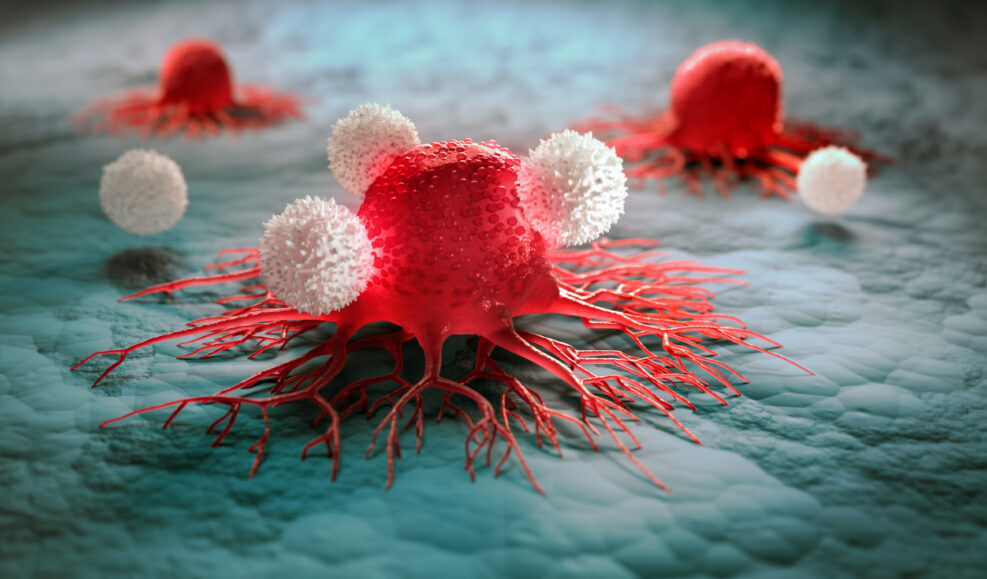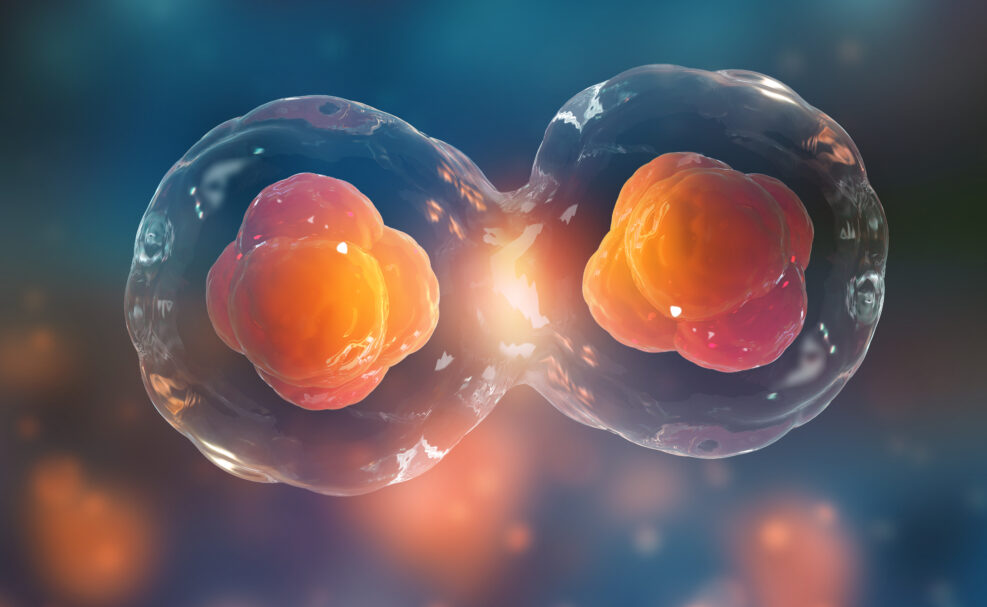
Why Don’t Changes to Our Bodies Create a Different Consciousness?
The sense of consciousness remains single and united despite ceaseless bodily changeIn the third podcast of the “Unity of Consciousness” series, Walter Bradley Center director Robert J. Marks interviews Angus Menuge, professor and chair of philosophy at Concordia University, on unique features of human consciousness, including the question of why there really can’t be two of you. But Dr. Marks asks one final question: If consciousness is simply generated by the body, as materialists think, why don’t changes to our bodies create different consciousnesses? https://episodes.castos.com/mindmatters/Angus-Menuge-Episode-3-rev1.mp3 This portion begins at 11:06 min. A partial transcript, Show Notes, and Additional Resources follow. Robert J. Marks: There are cells that change quite a lot. And then there are cells that don’t change a lot, for example, neurons. That is, you keep the same neurons. Read More ›


